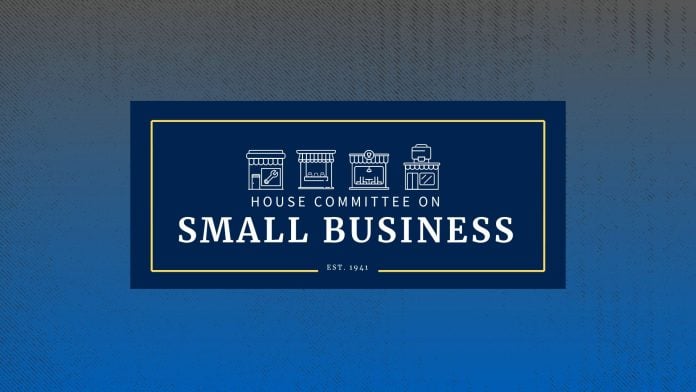Today, the U.S. House of Representatives took a significant step to support innovation among small businesses by passing the H.R. 5100 bill, which extends the Small Business Innovation Research (SBIR) and Small Business Technology Transfer (STTR) programs. These programs, crucial for entrepreneurs who need funding to bring innovative ideas to market, were set to expire on September 30, 2025, but will now continue for at least another year.
Chairman Roger Williams (TX-25) highlighted the importance of this extension for small businesses, stating, “Today’s vote is a victory for America’s small businesses and the future of innovation. The SBIR and STTR programs are essential to keeping our economy competitive, and extending them ensures entrepreneurs can continue developing the ideas that shape tomorrow.” This sentiment reverberates through the small business community, as many owners rely on these grants to fuel their growth and innovation.
For small business owners, the continuation of the SBIR and STTR programs offers several key benefits. Firstly, these initiatives provide federal funding for research and development without requiring repayment. This allows businesses to explore new products, services, or technologies without the financial strain typically associated with such investments. Importantly, this funding also gives small firms a competitive edge against larger corporations that often have more resources.
Moreover, the extension allows innovators to secure funding during a transitional phase. Many small businesses face challenges in navigating the complex funding landscape, and the assurance of continued support through these programs provides a much-needed stability. This stability is vital for startups and growing companies, particularly in industries that rely heavily on technological advancement.
The SBIR and STTR programs foster collaboration between small businesses and research institutions, enhancing innovation in various sectors. By leveraging expertise from universities and research organizations, small businesses can refine their ideas and access additional resources that may not be readily available to them. This promotes a culture of innovation, ensuring that small companies can contribute significantly to advancements across industries.
While the extension of the SBIR and STTR programs is largely seen as a positive move, small business owners should also consider some challenges that may arise. Gaining access to these programs can be competitive and complex. Entrepreneurs often face a steep learning curve when applying for grants, requiring them to invest considerable time and effort to navigate the application process. Understanding the eligibility criteria and preparing a compelling proposal are essential for success.
Furthermore, small business owners must remain aware of the evolving nature of these programs. Chairman Williams acknowledged that while the extension provides temporary relief, the goal is to push for a long-term solution that not only strengthens but also reforms the programs. This ongoing effort could lead to changes in the structure or availability of funding that may impact future applications.
Despite these challenges, the passage of H.R. 5100 represents a positive outlook for the small business sector. The commitment to extend these vital funding programs reflects a broader acknowledgment of the essential role small businesses play in driving economic growth and innovation in the U.S.
As small business owners look to the future, staying informed about these developments will be crucial. Engaging with local business associations or national networks can provide insights into how these programs may evolve and what resources are available to help navigate the application process.
For further details, you can access the original post here. The extension of the SBIR and STTR programs signals an ongoing commitment to nurturing the entrepreneurial spirit, allowing small businesses to continue to innovate and thrive.
Image Via BizSugar



